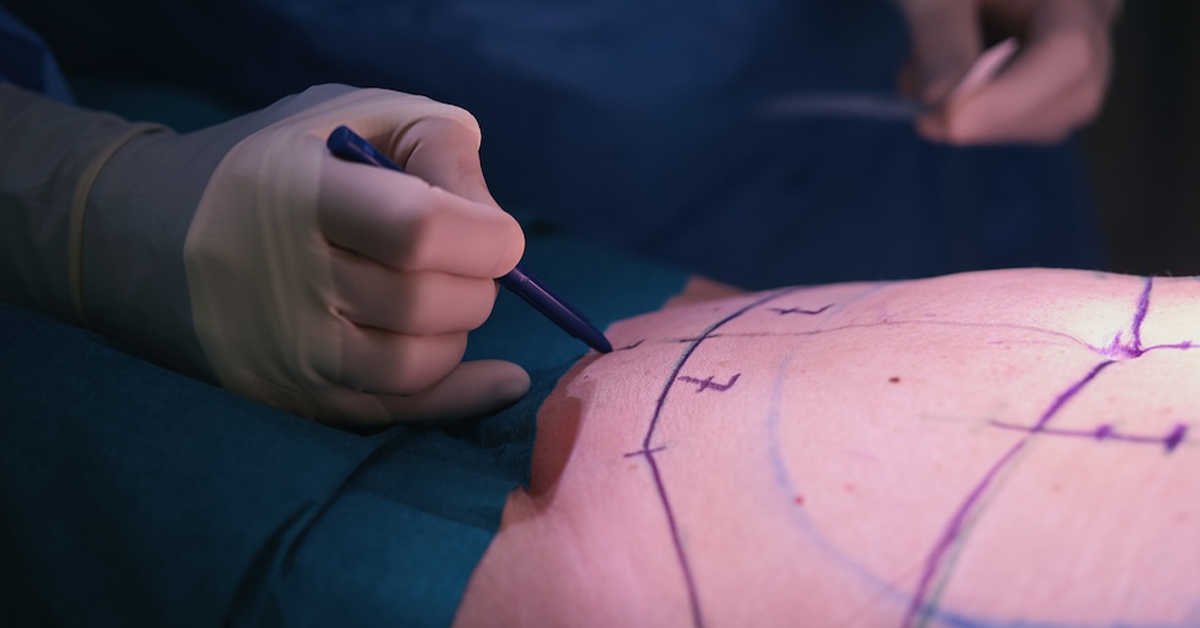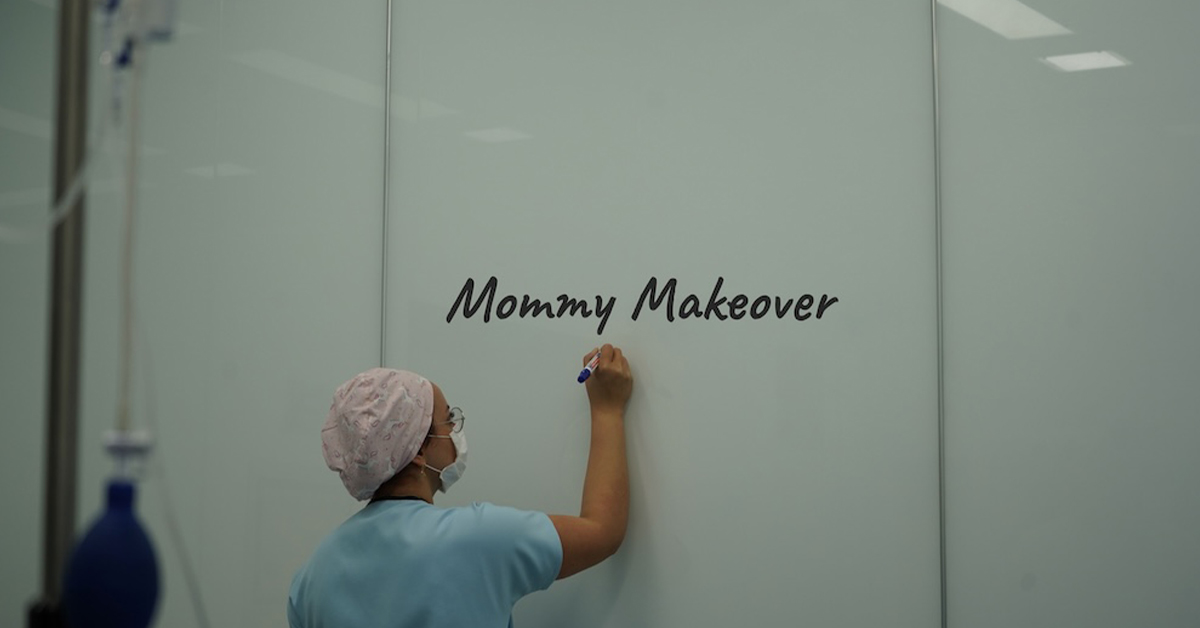What Are the Risks of Lipo 360?
Lipo 360, also known as 360-degree Liposuction, is a cosmetic procedure that targets multiple areas of the body to remove unwanted fat and contour the figure. While it can provide impressive outcomes, it’s vital to recognize the potential risks linked to the procedure.
Understanding Lipo 360
Lipo 360 is often chosen by individuals seeking a more sculpted and toned appearance. The procedure targets various regions, including the abdomen, flanks, back, and thighs. It’s essential to grasp the intricacies of the procedure before deciding to proceed.
Common Risks and Complications
1. Infection
Infections can arise post any surgical procedure, including Lipo 360. Indicators of infection encompass fever, ongoing pain, and unusual discharge. Immediate medical intervention and suitable antibiotics are vital for effective infection management.
2. Irregular Contouring
Post-surgery, there might be uneven fat removal, leading to irregularities or dimpling in the skin. Additional treatments or revision surgeries might be necessary to rectify this.
3. Fluid Accumulation
Fluid buildup, though uncommon, can occur after the procedure. Regular check-ups are essential to detect and manage any fluid accumulation.
4. Changes in Sensation
Lipo 360 might result in altered skin sensation in the treated areas. These changes could be either temporary or permanent.
5. Scarring
Scarring post Liposuction is inevitable. However, with proper care and scar management techniques, their appearance can be reduced over time.
6. Anesthesia Risks
As with any surgical intervention, Liposuction 360 carries risks related to anesthesia, which can include adverse reactions or complications.
Less Common but Serious Risks
1. Hematoma
A Hematoma refers to blood accumulation outside the blood vessels, leading to swelling, pain, and discomfort. Surgical drainage might be required to address a Hematoma.
2. Seroma
Akin to a Hematoma, a Seroma is a collection of clear fluid. This can potentially hinder the healing process, and draining might be necessary in extreme cases.
3. Allergic Reactions
Although they are rare, allergic reactions to anesthesia or surgical material may occur. It is essential to be aware of any known allergies before the procedure.
4. Delayed Wound Healing
Aspects like inadequate blood circulation or infections can result in prolonged wound healing, elevating the risk of complications.
Long-Term Considerations
1. Fat Redistribution
Removed fat cells don’t regenerate, but untreated areas might gain weight. It’s crucial to maintain a stable weight post-procedure to ensure lasting results.
2. Future Procedures
Liposuction 360 might necessitate touch-up procedures or additional treatments over time, depending on individual results and desires.
3. Skin Elasticity Concerns
The skin’s ability to retract post Liposuction can vary, and in some cases, additional skin tightening procedures might be needed.
Minimizing Risks and Ensuring Safety
1. Selecting a Competent Surgeon
Opting for a board-certified, seasoned plastic surgeon is paramount. Investigate their qualifications, peruse reviews, and pose questions during your consultation.
2. Preoperative Evaluation
Undergoing a detailed preoperative examination ensures you’re an apt candidate for Liposuction 360 and helps pinpoint potential risk elements.
3. Adhering to Postoperative Guidelines
Following your surgeon’s post-surgery guidelines, attending subsequent check-ups, and leading a healthy lifestyle can aid in a seamless recovery and risk reduction.
Conclusion
Lipo 360 can deliver remarkable body contouring results, but it’s crucial to balance the potential risks with the anticipated benefits. Making an educated choice involves a comprehensive understanding of the procedure, its associated risks, and ways to minimize them. A consultation with a skilled plastic surgeon is a vital phase in this journey.
Lipo 360 in Miami, FL
To begin your Lipo 360 experience in Miami, we recommend setting up a consultation with our experts. If you’re curious about the procedure and want more details, reach out to us at (305) 406-9055 or book a consultation through our online platform.







